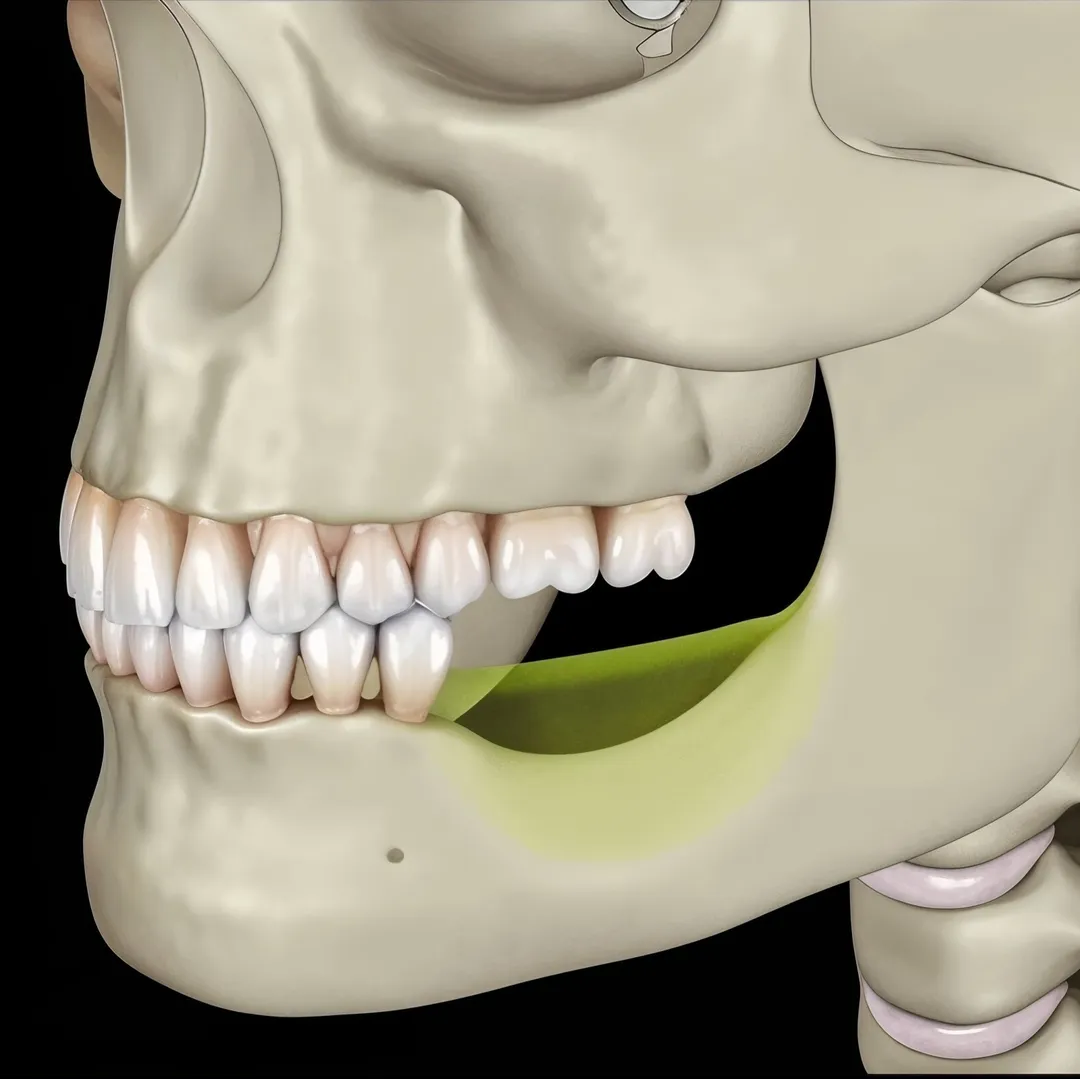Frequently Asked Questions
What is residual ridge resorption?
It’s the gradual loss of jawbone after tooth extraction, often affecting denture wearers and those without dental implants.
Why does bone resorption occur after tooth loss?
The jawbone relies on teeth for stimulation. Once a tooth is lost, the bone in that area begins to shrink due to lack of use.
Can bone resorption be prevented?
Yes, replacing missing teeth with dental implants helps preserve bone, while bone grafting may also help prevent excessive loss.
How does residual ridge resorption affect dentures?
It can cause dentures to become loose over time( floating dentures) requiring adjustments or new dentures to maintain a proper fit.
What are treatment options for bone resorption?
Options include bone grafting, dental implants, and well-fitted dentures to slow further bone loss.
Residual Ridge Resorption -Bone Resorption can be an adverse outcome of

Dental Implants
Dental implants are a gold standard for tooth replacement, offering a durable, natural-looking and functional solution.

Immediate Dentures
Immediate dentures and full or partial dentures offer a practical solution for replacing missing teeth, restoring aesthetics, and improving oral function.

Full Mouth Rehabilitation
Full mouth rehabilitation is a complex, multidisciplinary approach to restoring the health, function, and aesthetics of the oral cavity.

Dental Implant Fixing
Dental implant fixing is a highly durable and effective solution for replacing missing teeth.

